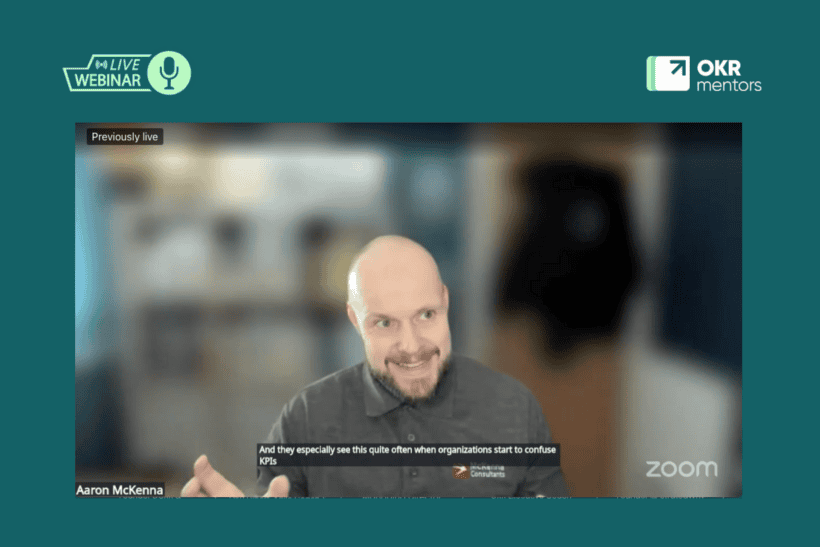When we work with an organisation that is going through an agile transformation, or about to, the conversation of an agile assessment often comes up. The challenge that we often see when it comes to agile assessments however is that many of our clients fail to get any value from them.
Here we share some of our tips to ensure that you get the most value out of your agile assessment.
6 Tips for Creating Value From an Agile Assessment
1. Understand how agile assessments can be valuable
We see many cases where clients use agile assessments in the wrong way. They should not be used as a performance management assessment. Agile assessments are collaborative and focused on continuous improvement – they are not a tool to use to criticise or judge teams with.
Understanding the value that can come from an agile assessment is the most important first step.
Agile assessments can allow you to:
- Baseline where you are now in terms of agile maturity and adoption – crucial for ensuring that your agile transformation is on track.
- Benchmark against similar companies to inspire action.
- Provide an opportunity to celebrate success for the practices and behaviours you’re excelling at.
- Give you an idea of when you’re ready to implement more complex agile techniques and behaviours.
- See where you’re struggling and where you may need extra leadership support.
- Use the information in the assessment as data for improvement – this can lead to items in your transformation backlog based on evidence.
- Present you with a case for change – you may require further agile training or coaching.
2. Beware of the Dunning Kruger effect
The Dunning-Kruger effect is a type of cognitive bias where people with limited knowledge in an area greatly overestimate their ability in that domain. This is something that we see when teams who are new to agile are asked to do a self-assessment or are interviewed as part of an external agile assessment.
To prevent this, ensure that the teams know why you’re running the assessment. Ensure that the team has psychological safety so that they can give themselves an honest appraisal without the fear of repercussions. You can also help to prevent this by ensuring that you’ve provided agile training for all programs, teams and people on the agile transformation.
3. Look beyond the assessment itself
Your agile assessment should not be bound by the agile assessment session itself. Step outside of the assessment and go to the Gemba, where the work is done. Observe the team when they are executing, solving problems, and collaborating. Attend the team’s sprint events. This will give you a much rounder view of how the team is performing.
4. Drill into the data
Look at both the quantitative and qualitative side. Dig into the team’s backlog. What does the data tell you? Look for key metrics such as velocity deviation, cycle time, work in progress, release frequency, number of defects.
What does the data tell you about how the team is doing?
5. Don’t reinvent the wheel
You could create your own agile self-assessment, however, this will be time-consuming and could lead you to miss some key aspects of agility. There are some great free templates out there to use, such as the Scaled Agile Framework’s Business Agility Assessment.
If you have a larger budget and you’d like to undertake regular agile assessments, or have an internal coaching team, there is some great software off the shelf that you can licence. McKenna Agile Consultants have access to a selection of some of these industry-standard services that we use with our clients.
However, if your heart is set on creating your own, bespoke agile assessment, our advice would be to keep it simple. Agile is less about whether you’re doing a particular practice or technique, but more about the mindset and behaviours. Use the Agile Manifesto and Principles and go from there.
6. Get a professional opinion
Our final tip would be to bring in a professional to run your agile assessment. We find that teams are more likely to open up to someone neutral. An external coach can also use their experience to spot anti-patterns and to see where any problems may be manifesting.
Ready for your own Agile Assessment?
Our team of agile consultants are well versed in conducting agile assessments for companies of all sizes. We use industry-standard assessment tools means to conduct an efficient assessment with valuable insights and industry benchmarking. Find out more about undertaking your own agile assessment with McKenna Agile Consultants here


